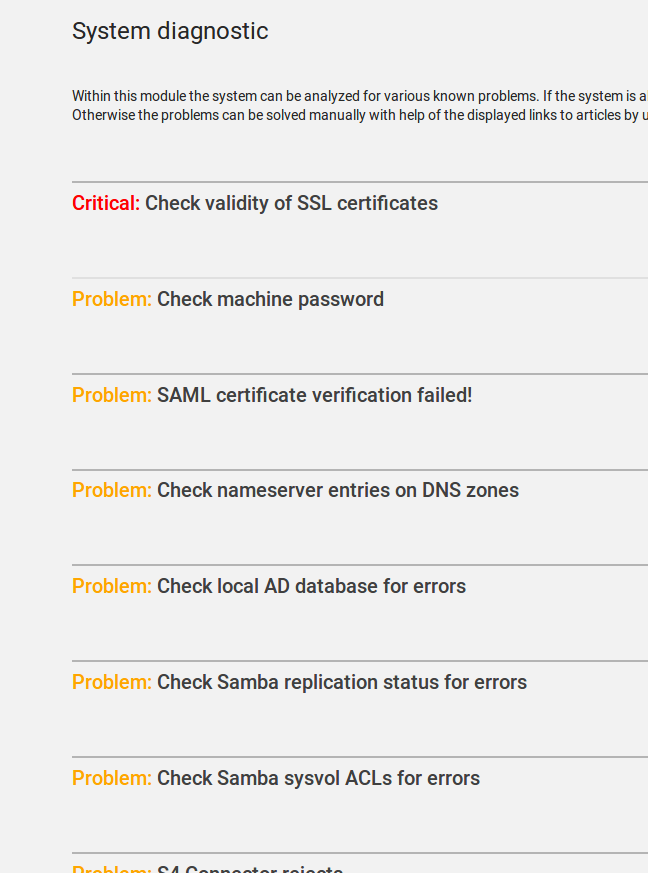

- #GLOBALPROTECT SERVER CERTIFICATE VERIFICATION FAILED INSTALL#
- #GLOBALPROTECT SERVER CERTIFICATE VERIFICATION FAILED UPDATE#
#GLOBALPROTECT SERVER CERTIFICATE VERIFICATION FAILED UPDATE#
In case your system is quite current but for some reason automatic update didn't work, there should be enough to: apt updateĪnd in reconfigure stage, deselect "DST Root CA X3" certificate Outdated system From October 2021 onwards, only those platforms that trust ISRG Root X1 will validate Let’s Encrypt certificates (with the exception of Android).

Prior to September 2021, some platforms could validate our certificates even though they don’t include ISRG Root X1, because they trusted IdenTrust’s “DST Root CA X3” certificate. The main determining factor for whether a platform can validate Let’s Encrypt certificates is whether that platform trusts ISRG’s “ISRG Root X1” certificate. Git config -global http.sslCAinfo /etc/ssl/certs/ca-certificates.crt Sudo wget -P /usr/local/share/ca-certificates/ Sudo mkdir /usr/local/share/ca-certificates/
#GLOBALPROTECT SERVER CERTIFICATE VERIFICATION FAILED INSTALL#
To identify the location of curl-ca-bundle.crt, you could use the command curl-config -caĪlso, see my more recent answer " github: server certificate verification failed": you might have to renistall those certificates: sudo apt-get install -reinstall ca-certificates openssl s_client -showcerts -servername -connect Findekano adds in the comments: Note: Valeriy Katkov suggests in the comments to add -servername option to the openssl command, otherwise the command isn't showed certificate for in Valeriy's case. | openssl x509 -noout -text | grep "CA Issuers" | head -1 To check the CA (Certificate Authority issuer), type a: echo -n | openssl s_client -showcerts -connect :YourHttpsGilabPort \ (with ' ' being your GitLab server name, and YourHttpsGitlabPort is the https port, usually 443) To get that certificate (that you would need to add to your curl-ca-bundle.crt file), type a: echo -n | openssl s_client -showcerts -connect :YourHttpsGitlabPort \Ģ>/dev/null | sed -ne '/-BEGIN CERTIFICATE-/,/-END CERTIFICATE-/p' To check if at least the clone works without checking said certificate, you can set: export GIT_SSL_NO_VERIFY=1īut that would be for testing only, as illustrated in " SSL works with browser, wget, and curl, but fails with git", or in this blog post.Ĭheck your GitLab settings, a in issue 4272. You need to check the web certificate used for your gitLab server, and add it to your /bin/curl-ca-bundle.crt. What you have to do to circumvent the problem on your computer is telling it to trust that certificate - if you don't have any reason to be suspicious about it. This doesn't mean the certificate is suspicious, but it could be self-signed or signed by an institution/company that isn't in the list of your OS's list of CAs. The basic reason is that your computer doesn't trust the certificate authority that signed the certificate used on the Gitlab server. Warning: as noted in gareththered's excellent answer, this adds all certificates, instead of only the Root CAs.īlindly adding all (any) certificate to your trustStore without due diligence is not the best course of action.

Sudo bash -c "echo -n | openssl s_client -showcerts -connect $hostname:$port -servername $hostname \Ģ>/dev/null | sed -ne '/-BEGIN CERTIFICATE-/,/-END CERTIFICATE-/p' \ Trust_cert_file_location=`curl-config -ca`


 0 kommentar(er)
0 kommentar(er)
